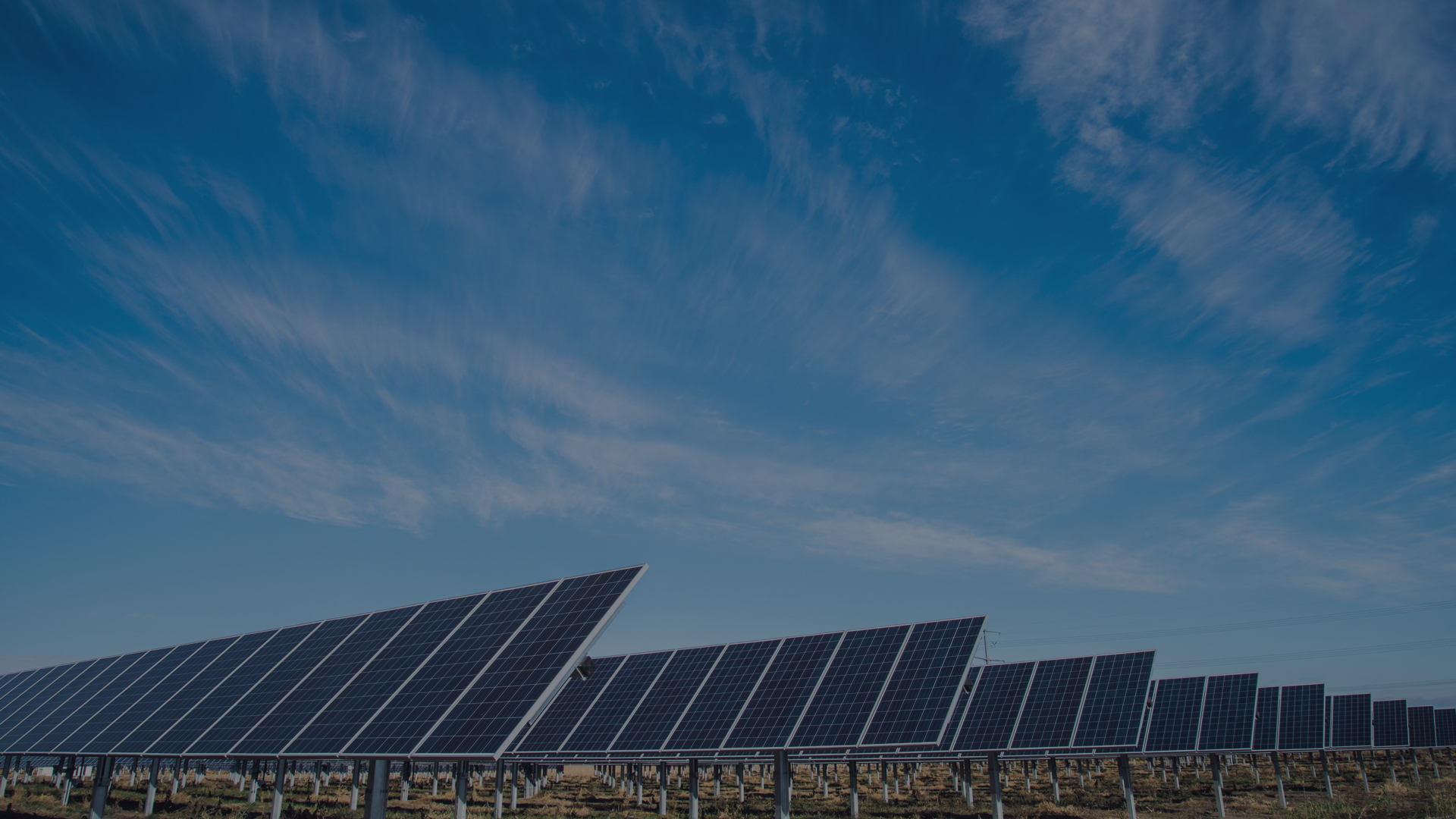With the UK government looking for alternative methods to power the UK's homes, businesses and public facilities, reserves of natural gas under the country could soon be accessed through the controversial extraction method of fracking.
The activity has been linked with earthquakes and has even led to water supplies being contaminated with gas.
As a result, UK residents have been protesting in areas such as Balcombe in Surrey, where one of the proposed sites of extraction could soon be located.
A new poll from ICM, conducted on behalf of The Guardian, has revealed that 44 per cent of British people support fracking, whereas 30 per cent are opposed. The rest of respondents were undecided on the issue.
The research was based on a random sample of 1,001 adults aged 18 or over, who were called between August 9th and 11th 2013.
Fracking for natural gas has been labelled as an alternative to conventional fossil fuels, and could be used in addition to offshore and onshore wind farms and solar schemes to help power the country.
Reserves of the gas found under various areas in the UK could provide power for decades, and the government intends to increase its activities to keep up with the progress experienced in the US.
With such a potential for harm to residents and the country alike, is fracking really the best option for our energy future?
Solar systems and wind turbines might be seen as less efficient than fracking, but working together alongside other renewable energy technologies such as biomass boilers, large amounts of power can be produce with less damage to the environment.
Furthermore, homes that install solar panels will be able to handle their own energy needs whilst benefiting from money from the government through schemes such as the feed-in tariff.
Providing a clean, sustainable, and above all, safe method of energy for the country should be a priority. Although shale gas reportedly releases half the carbon emissions of coal, it will still cause some damage to the environment, while extraction will put a number of UK areas at risk of earthquakes and other dangers.
